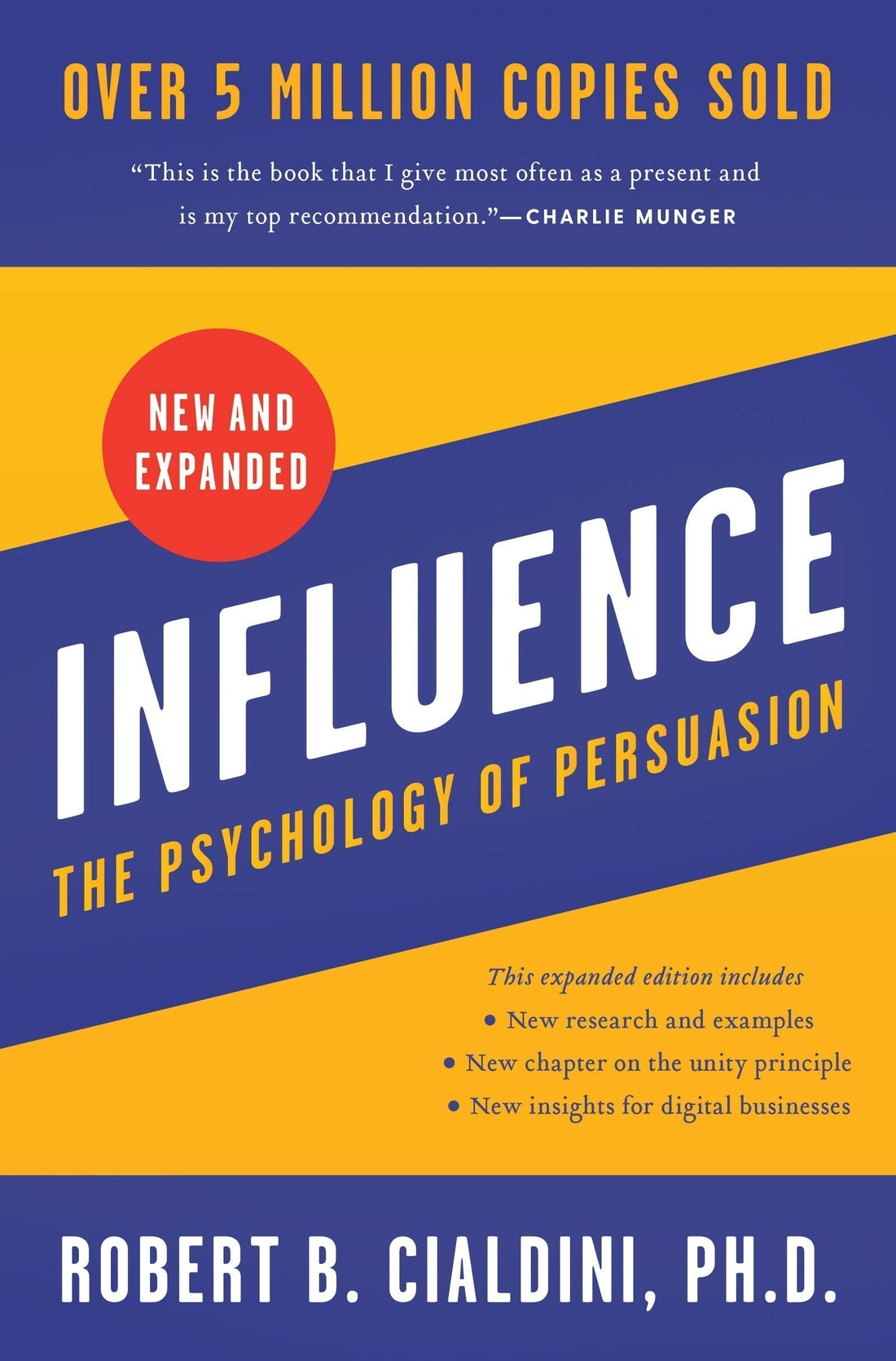
Persuasion Tactics: Why They Matter More Than Ever
Persuasion tactics are tools used to change how people think, feel, or act. They’re based on psychology and show up everywhere—from ads to scams. In today’s digital world, where information spreads fast and wide, knowing how these tactics work is more important than ever. This piece breaks down what they are, how they’re used, and why you should care.
At the core of many tactics are six key ideas from psychologist Robert Cialdini:
Reciprocity, commitment, social proof, authority, liking, and scarcity.
-
Reciprocity makes us want to give back when we get something—like when a company gives you a free trial hoping you’ll buy the full version.
-
Social proof means we copy others, especially when we’re unsure. Think: glowing reviews that push you to buy.
-
Authority pushes us to obey people who seem to be experts.
- Scarcity creates a sense of urgency—“limited-time offer!”—that makes us act fast.
Marketers use these all the time. So do cybercriminals. A scammer might pretend to be from your IT team (authority) or rush you with a fake emergency (urgency) to get your password.
The internet supercharges these tactics. Social media and targeted ads make it easy to manipulate people with tailored messages. A scam email might look just like one from your bank. A fake sale from a big brand can trick you into clicking a bad link. On platforms like X, scammers use trending topics to bait victims. With digital tools, these tricks scale fast—bad actors can fool thousands in hours.
So why learn about this?
First, it helps you protect yourself. If you spot a scam, you’re less likely to fall for it. A “too-good-to-be-true” deal might be playing on scarcity.
Second, it sharpens your thinking. You’ll start to question ads, posts, and headlines that try to sway you.
Third, if you work in marketing or cybersecurity, it helps you do your job better—whether it’s making honest ads or teaching others how to avoid scams.
There’s a bigger picture, too. If more people learn about these tactics, fewer will fall for scams. That weakens the scammers. It also makes us smarter online. When voters understand how ads play on emotion, they’re harder to fool. Companies like KnowBe4 train employees to spot tricks like phishing—helping teams stay safe.
Bottom line: persuasion tactics are everywhere. Sometimes they’re helpful. Sometimes they’re harmful. But once you learn how they work, you gain power. You make better choices, avoid traps, and help others do the same. In a world full of noise, knowing how persuasion works is one of the best tools you can have.
